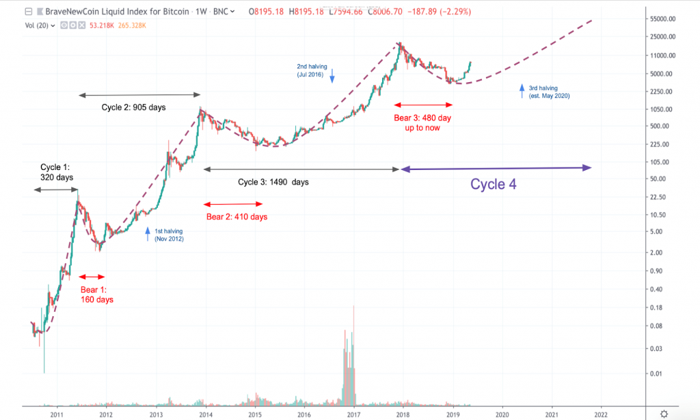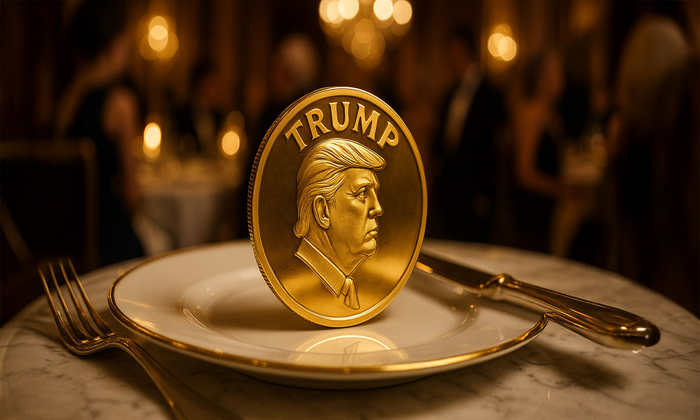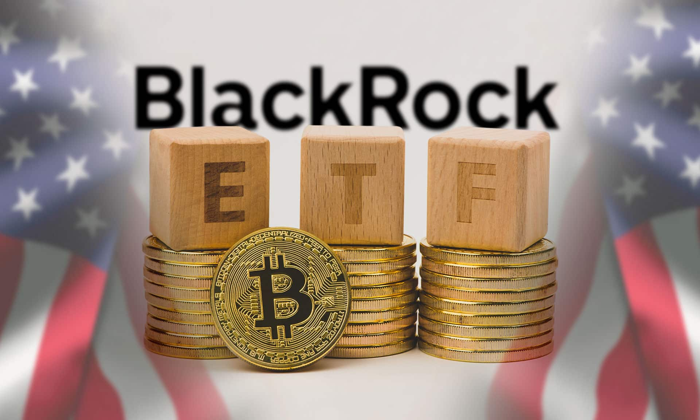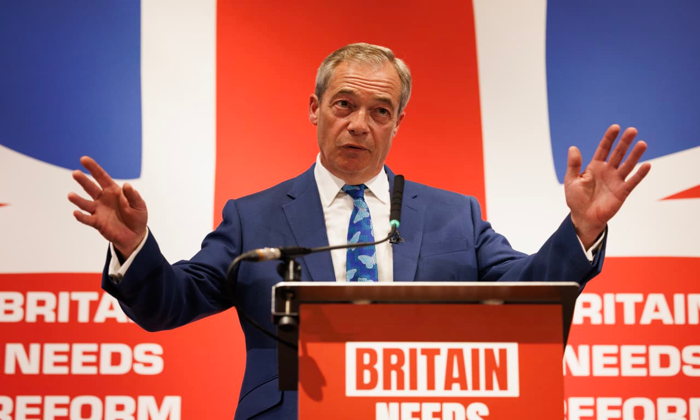The Unicoin Securities Fraud saga has captivated the cryptocurrency community and regulatory authorities alike, following a major lawsuit filed by the U.S. Securities and Exchange Commission (SEC). The SEC has accused Unicoin and its executives of raising over $100 million under false pretenses, claiming their tokens were backed by real estate that, in reality, they never even acquired. Unicoin CEO Alex Konanykhin, among others charged, vehemently denied these allegations, asserting that they rejected a settlement offer from the SEC to clear their name. This complex case highlights the pervasive issues of cryptocurrency fraud that continue to challenge regulators and investors in the rapidly evolving market. As more details emerge about the Unicoin SEC lawsuit and the charges against its CEO, it raises questions about transparency and trust in crypto investments.
In the unfolding drama surrounding Unicoin, the company faces serious legal challenges that could affect its future and that of its executives significantly. Allegations of misleading investors about the financial backing of their tokens have led to charges of a major securities breach within the cryptocurrency sector. The SEC’s involvement underscores the importance of regulatory oversight in a market known for its volatility and potential for dishonest practices. Alternative phrasing for the situation could include discussing the ramifications of alleged cryptocurrency misconduct or the implications of unsubstantiated claims about investment opportunities in digital currencies. As this case develops, it brings to light crucial issues about compliance in the cryptocurrency landscape.
Overview of the Unicoin Securities Fraud Case
The Unicoin Securities Fraud case has emerged as a significant point of contention in the cryptocurrency space, following allegations made by the U.S. Securities and Exchange Commission (SEC). The SEC filed a lawsuit against Unicoin and its top executives, including CEO Alex Konanykhin, claiming that they orchestrated a massive $100 million fraud. Central to these claims is the assertion that the firm misrepresented their Unicoin tokens as being backed by real estate assets, which were never secured or closed according to the allegations.
The lawsuit outlines troubling details about how Unicoin purportedly overstated the value of these properties and engaged in misleading marketing practices. For instance, Unicoin allegedly claimed to have acquired properties worldwide with inflated appraised values, leading to serious concerns about their legitimacy and compliance with securities laws. This case emphasizes the SEC’s increasing vigilance over the cryptocurrency market, particularly in instances of fraudulent activities posing risks to investors.
Unicoin CEO and Executives Charged with Securities Fraud
Among the most significant elements of the SEC’s allegations are the specific charges levied against Unicoin’s CEO, Alex Konanykhin, and other executives. Charged with defrauding investors, the executives are accused of making false representations regarding Unicoin’s financial status and the backing of their token offerings. The SEC claims they misled potential investors into believing that their investments were secured by substantial real estate assets that, in reality, did not exist.
According to the SEC’s complaint, the executives went so far as to exaggerate sales figures and suggest wildly unrealistic returns on investment. This behavior not only breaches securities laws but also raises ethical questions about how such claims are crafted and communicated to the public. The potential consequences for the defendants include substantial financial penalties, reputational damage, and the possibility of prison time if found guilty.
The Role of the Securities and Exchange Commission
The Securities and Exchange Commission plays a crucial role in regulating the financial markets and protecting investors from fraudulent schemes. In the case of Unicoin, the SEC’s intervention underscores its commitment to holding companies accountable for securities fraud. The Commission’s efforts are particularly important in the cryptocurrency domain, where regulations are still evolving amidst rapid technological advancements and high-profile fraud cases.
The SEC’s lawsuit against Unicoin exemplifies its strategy to deter fraudulent practices by ensuring that companies operate transparently and honestly. By pursuing legal action against Unicoin’s executives, the SEC aims to set a precedent that such misleading behavior will not be tolerated in the burgeoning industry of digital assets, thereby enhancing overall market integrity.
Unicoin’s Marketing Tactics Under Scrutiny
The marketing strategies employed by Unicoin have come under sharp scrutiny as part of the SEC’s broader investigation. Allegations indicate that the company made outrageous promises regarding potential returns from investing in its tokens, suggesting profits reaching up to 9 million percent. Such bold claims are not only misleading but also raise red flags about the company’s business practices and ethical standards.
The methods used by Unicoin to market its products included advertising across various channels, including social media, public transport, and digital platforms. This approach appears designed to create a sense of urgency and exclusivity around their offerings while misrepresenting the underlying investment risks associated with investing in cryptocurrencies.
Details of the SEC Lawsuit Against Unicoin
The SEC’s lawsuit against Unicoin entails a detailed accusation of multiple violations of securities law. The complaint argues that Unicoin and its executives raised substantial funds under false pretenses, claiming that their token was robustly backed by real estate when they had never obtained the assets. The financial implications for the company are severe, with the SEC seeking civil penalties and the return of profits accrued through these fraudulent activities.
In addition to the overarching fraud claims, the SEC has highlighted the inconsistent financial reportings that paint a misleading picture of Unicoin’s performance. For instance, while Unicoin claimed to have achieved sales of approximately $3 billion, evidence suggests actual sales figures were drastically lower. This disconnect points to potential systematic attempts to deceive investors, further complicating the legal landscape Unicoin faces.
The Impact of the Unicoin SEC Lawsuit on Investors
The SEC lawsuit filed against Unicoin has significant implications for both current and potential investors. With the company being charged with such serious allegations of securities fraud, existing investors may find their investments at risk and face difficulties in recouping their funds. The lawsuit serves as a stark reminder of the potential pitfalls in the often-unregulated landscape of cryptocurrency investments.
Potential investors should approach cryptocurrency ventures, like Unicoin, with heightened caution. This case illustrates the importance of performing thorough due diligence and seeking transparency in flow-of-funds and asset backing before investing. The fallout from such lawsuits can lead to tighter regulations in the industry, which may reshape how cryptocurrency companies operate going forward.
Future Consequences for Unicoin and Its Executives
The future ramifications for Unicoin and its executives following the SEC lawsuit are still unfolding. Should the SEC prove its claims of fraud, it could lead to severe penalties for the company and potential jail time for the executives involved. This scenario is a distinct possibility, especially in light of past SEC actions where corporate executives involved in securities fraud have faced significant legal repercussions.
In light of the lawsuit, Unicoin’s operational viability may also come into question. The reputational damage stemming from such allegations can undermine stakeholders’ confidence and jeopardize any future business dealings. For Unicoin to survive amidst this scrutiny, a clear, transparent operational strategy and compliance plan will be imperative.
Reactions from Unicoin’s Leadership
In response to the SEC charges, Unicoin’s CEO Alex Konanykhin has publicly rejected the SEC’s offer to negotiate a settlement, opting instead to retain a defiant stance. He conceptualizes the SEC’s investigation as an ultimatum, claiming that their approach has caused significant financial damage to the company. Konanykhin’s response indicates a strategic focus on challenging the allegations rather than conceding to regulatory pressures.
Unicoin’s leadership’s reaction highlights the tension between crypto companies and regulatory bodies as they navigate the intricate web of compliance and innovation. As the case unfolds, it remains to be seen how their resistance will influence the broader relationship between the cryptocurrency industry and regulators like the SEC.
Long-Term Implications for Cryptocurrency Regulations
The Unicoin securities fraud case is poised to have broader implications for cryptocurrency regulation in the U.S. and beyond. As the SEC continues to ramp up scrutiny of companies in the crypto market, this case could lead to more stringent regulatory measures designed to protect investors from similar fraudulent schemes. This evolution in regulations will aim to foster a safer investment environment without stifling innovation.
The outcome of the Unicoin case could also provide a clearer precedent for how securities laws apply to cryptocurrencies, particularly regarding how various tokens are marketed and sold. As regulatory bodies gain clarity in their mandates, it will become increasingly critical for crypto businesses to develop compliant frameworks to operate sustainably without risking future lawsuits.
Importance of Transparency and Compliance in Cryptocurrency
The situation surrounding Unicoin serves as a crucial lesson in the importance of transparency and compliance within the cryptocurrency industry. As digital assets continue to attract public interest and investment, the requirement for companies to demonstrate accountability in their practices cannot be understated. For investors, understanding the underlying mechanics of token backing, marketing strategies, and financial disclosures is imperative.
Going forward, cryptocurrency firms must prioritize ethical practices and regulatory compliance to avoid entanglements with regulatory agencies such as the SEC. Upholding transparency not only safeguards the firm’s reputation but ultimately protects investors by ensuring they have access to accurate information vital for decision-making.
Frequently Asked Questions
What are the main allegations in the Unicoin SEC lawsuit?
The Unicoin SEC lawsuit alleges that Unicoin and its executives engaged in massive securities fraud by raising over $100 million for their token based on false claims. They purportedly claimed their tokens were backed by real estate, which they never owned, and overvalued the properties involved.
How much money did Unicoin supposedly raise in their token offerings?
According to the SEC, Unicoin raised over $100 million from investors through its token offerings, despite only accurately selling rights certificates totaling no more than $110 million.
Who are the key executives charged in the Unicoin securities fraud case?
The charged executives in the Unicoin securities fraud case include CEO Alexander Konanykhin, former board chair Maria Moschini, senior vice president Richard Devlin, and Alejandro Dominguez, the former chief investment officer.
What promises did Unicoin make regarding returns on their rights certificates?
Unicoin promoted its rights certificates with extravagant claims of potential returns as high as 9 million percent, attempting to entice investors by comparing it to Bitcoin’s past growth.
Why did Unicoin reject the SEC’s settlement offer?
Unicoin rejected the SEC’s settlement offer, stating that the demands made by the SEC were unacceptable and described the proposed negotiations as an ultimatum.
Did Unicoin actually acquire the real estate properties they claimed to?
No, the SEC’s complaint states that the majority of the real estate transactions announced by Unicoin never closed and that the actual value of the claimed properties was significantly overestimated.
What penalties is the SEC seeking in the Unicoin case?
The SEC is seeking disgorgement of profits and civil penalties against Unicoin and its executives for their alleged securities fraud.
How did Unicoin market its products to investors?
Unicoin utilized aggressive marketing strategies, including advertisements on taxis, digital billboards, and social media, promoting exaggerated claims of returns to attract investments.
What is the broader context of cryptocurrency fraud related to Unicoin’s case?
The Unicoin case is part of increasing scrutiny by the Securities and Exchange Commission over cryptocurrency fraud, where many companies are charged for misleading investors about their projects and financial practices.
What are the potential implications for Unicoin following the SEC charges?
The potential implications for Unicoin include significant financial penalties, a damaged reputation, and possible criminal charges against its executives, depending on the outcome of the investigation.
| Key Point | Details |
|---|---|
| SEC Charges | The U.S. Securities and Exchange Commission (SEC) sued Unicoin and its executives, alleging a $100 million securities fraud. |
| Executive Actions | Unicoin’s CEO Alex Konanykhin rejected a settlement offer from the SEC. |
| Allegations of Fraud | Unicoin claimed its tokens were backed by real estate, which the SEC alleges was false, stating that the company overvalued properties and never closed the deals. |
| Misrepresentation of Sales | The SEC claims Unicoin overstated its sales, presenting figures that were far inflated compared to actual sales. |
| Marketing Tactics | The company advertised potential returns up to 9 million percent through various platforms, misleading investors about potential growth. |
| Regulatory Response | The SEC is seeking disgorgement and civil penalties against Unicoin in response to alleged fraudulent activities. |
Summary
Unicoin Securities Fraud refers to the serious allegations brought against Unicoin and its top executives, accused by the SEC of engaging in fraudulent practices to raise over $100 million. The SEC’s lawsuit highlights notable concerns, including unsubstantiated claims about real estate backing for their tokens and exaggerated sales figures that misled investors. This case underlines the critical need for transparency and regulatory adherence in the ever-evolving landscape of cryptocurrency and securities.
Unicoin Securities Fraud has surfaced as a significant concern, shaking the foundations of trust within the cryptocurrency community. Recently, the U.S. Securities and Exchange Commission (SEC) brought to light alarming allegations against Unicoin and its top executives, claiming they orchestrated a massive fraud scheme that raised over $100 million by selling tokens purportedly backed by real estate. Despite their assertions, the SEC argues that Unicoin never actually owned the properties in question, and, in fact, grossly inflated their valuation. This shocking turn of events has drawn parallels with other high-profile cryptocurrency fraud cases, underscoring the necessity of regulatory oversight in the burgeoning digital asset marketplace. With the Unicoin CEO facing serious charges, the legal ramifications of this SEC lawsuit are poised to send ripples through the industry, prompting stakeholders to reassess their investments in similar cryptocurrencies.
The recent Unicoin controversy indicates a broader pattern of alleged misconduct in the digital currency sector, with the Securities and Exchange Commission (SEC) spotlighting what it describes as extensive securities violations. At the heart of these allegations lies a $100 million scheme by Unicoin’s leadership, who reportedly misrepresented their cryptocurrency as real estate-backed when it was anything but. This case highlights the critical importance of compliance and transparency within the fast-evolving world of digital assets, as regulators ramp up scrutiny on potential securities fraud. As investors grapple with these revelations, the implications of the Unicoin token fraud expose vulnerabilities that could affect the wider cryptocurrency ecosystem. Given the high stakes involved, the outcome of the SEC litigation could set vital precedents for the future of cryptocurrency regulation.















